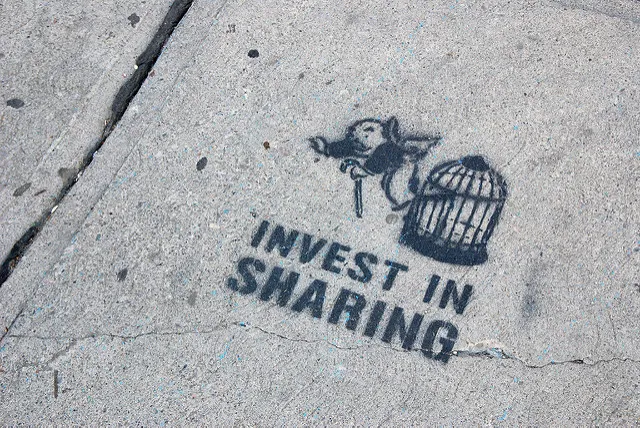
The next economy will support all of life. It will correct the imbalances of power and wealth we see today and create regenerative systems so that every living being can have everything they need.
The most assured way to usher in an economy that works for all of life is to identify inspiring examples, amplify and expand the models that we know all ready work. In this spirit, here is my ode to the library, most empowering and democratic of human institutions.
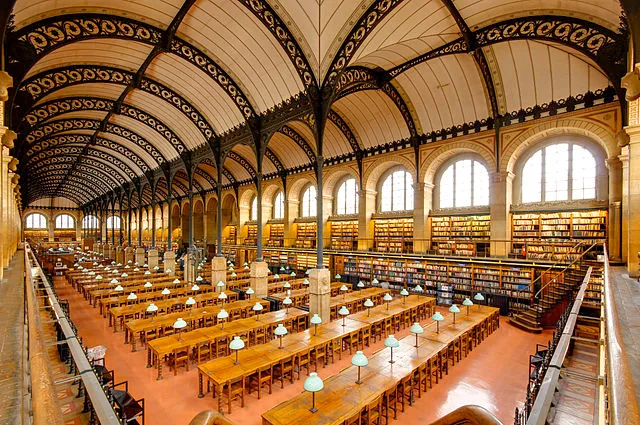
Libraries are Radically Inclusive
Everything the library offers is free to patrons, available for use by any person who lives in the area.
Where I live, libraries provide access not only to a vast collection of human cultural treasures - books, music, video - from all over the world, but also to tools like computers and the internet. This levels the playing field (though nearly not enough) for people who don't have the wealth to own computers.
The library provides access to space. It is a beautiful, tranquil place to be. Somewhere one can simply exist -- for free. In my incredibly privatized country, the U.S.A, it is quite challenging to find any place you can simply be without having to pay to be there.
Especially if it's cold and rainy, if you are without shelter (we have a massive homelessness crisis), or if you are an urban youth who doesn't want to be stuck in home, having a place you can just be is incredibly important. "The library is the best babysitter - for kids and adults," one activist from a dangerous neighborhood told me.
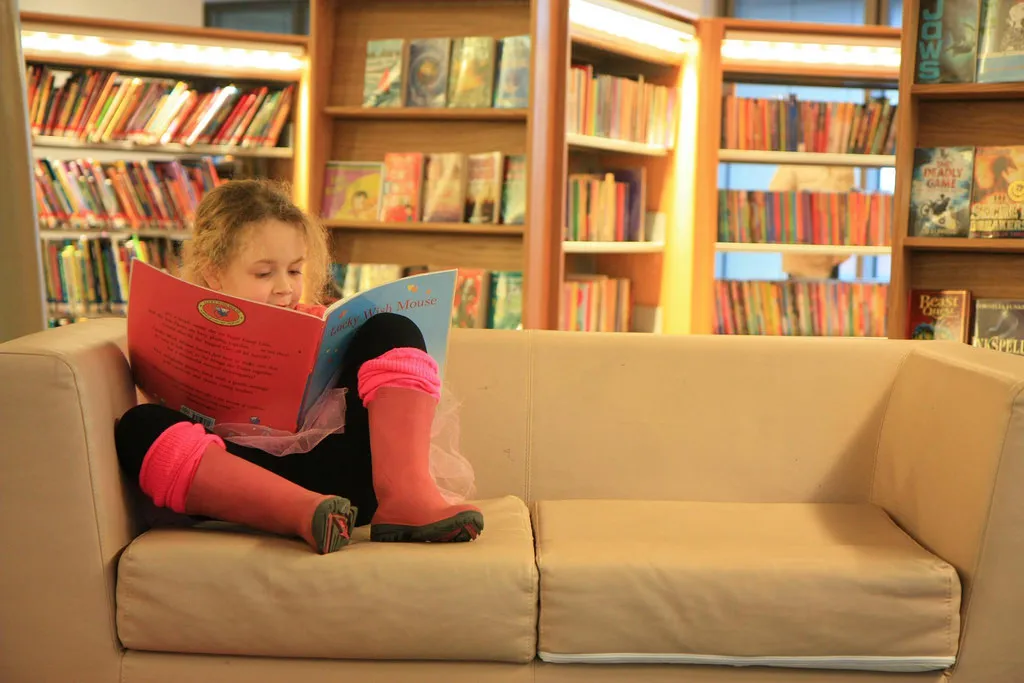
Libraries are Sharing Economies
Books in the library system get read by hundreds or thousands of people, hundreds or thousands of times. In their lifetimes, library books are used exponentially more than books sitting in private homes. By collectively sharing the use of library resources, we vastly reduce waste.
In Berkeley, we have a tool lending library where anyone can borrow drills, saws, ladders, you name it. How often do most people use their tools, anyway? Like books, tools tend to just sit around when they are considered private property.
Any resource left sitting is not being utilized. This is a kind of waste, a massive inefficiency. We could vastly reduce production needs - and resources needed for production - if we were to share more things than we do now.
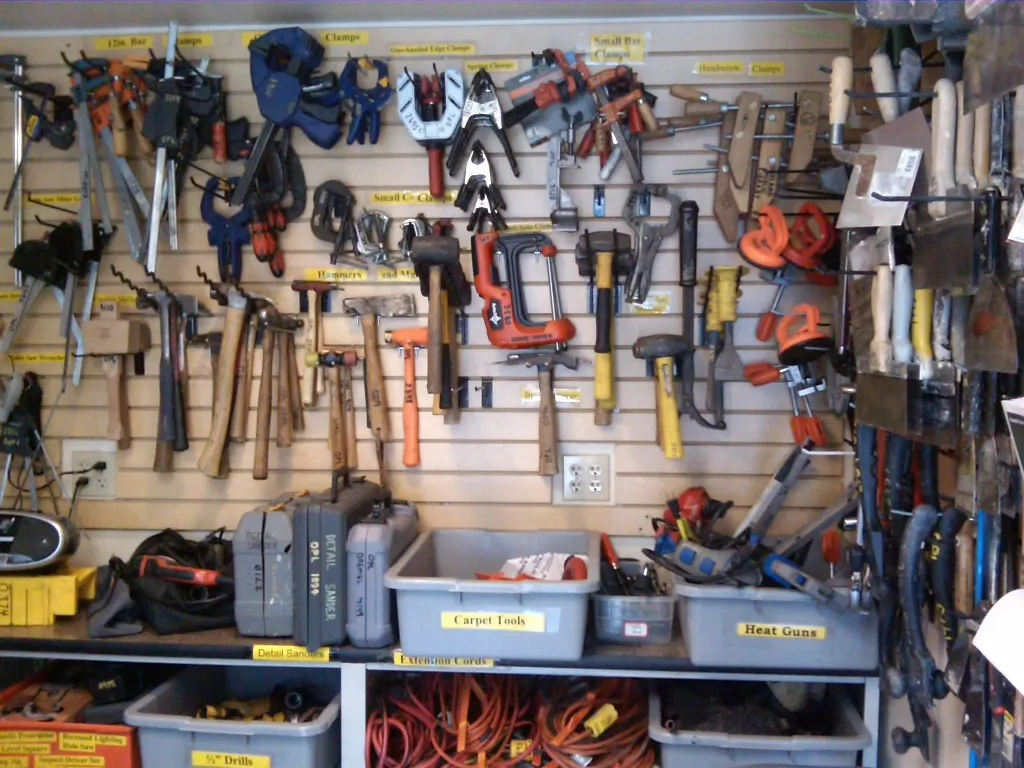
Sharing is about access - not property
Libraries teach us an incredibly valuable lesson: for most of the reusable goods we need and want, what we need is simply access. Not ownership!
Who cares who owns a book, or a tool? The important thing is that it be put to use!
Actually, I do care who owns these things - because those without wealth often don't have access, and that means that they are at a major disadvantage for meeting their needs and wants, or that they have to do extra work in order to do so.
By providing more and better access to more people, we can also help to reshape structural inequalities that disadvantage so many in our current economic system. Or, better said, we change the conditions such that more people can be more self-determined, and themselves have more power over their lives. Then, working together, our human potential is vastly amplified.
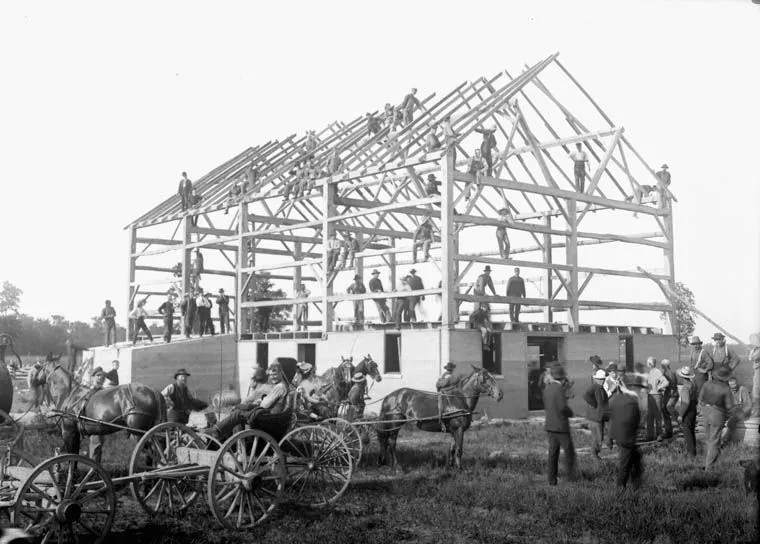
Going further with the library idea
Libraries are amazing, I love them and I hope you do too. And yet, they could be even better.
Libraries could be networked together. With the internet, we could pool resources amongst collections. If a particular book wasn't available at your library, you could find it at another and they could mail it to you. Actually, my library already does this, and has a partnership with 50+ other libraries. But the network could always be bigger!
We could have libraries for more things. Especially expensive things that get rarely used. What if there were musical libraries? Rooms with instruments that people could reserve to learn, play, practice, jam. I'm a pianist, and because I live in an apartment up many flights of stairs, I don't own a piano. But I would go to the piano library every danged day. And I would pay for it, too, within my ability.
Library management could be less hierarchical and more cooperative. We lost 40,000+ books because a library director made executive decisions without listening to his staff. Then, workers who spoke out were threatened and intimidated, some being forced out of their positions for defending public resources. The director, being a bureaucrat and having little on the ground experience, had no idea of how his decisions would affect patrons. Beyond mitigating abuse of power, there are of course many other reasons to distribute decision-making power in workplaces, but really unpacking that will have to be it's own article.
What do you think? How else could libraries be better? How could we expand the idea of a library? How might having wider access promote a better society? And when we have access, do we really need property anyway?
I ask these questions to try to help us imagine the next economy, an economy that works for the benefit of all life. In the first post in this series, I unpacked how traditional notions of economics fail us, and how we might expand them. Libraries are just one excellent example, in my opinion. Can you think of other examples of the next economy that are all ready here?
~Jared
Feature picture taken by Jonathan McIntosh